BOONE, N.C — Appalachian State University is one of 19 universities joining a three-year effort — known as Aspire: The National Alliance for Inclusive & Diverse STEM Faculty — to increase the diversity of its STEM faculty through inclusive recruitment, hiring and retention practices, and ensure all STEM faculty engage in inclusive teaching, advising and research mentoring.
App State’s co-leaders for the Aspire Alliance project are Dr. Tracie Salinas, professor in the Department of Mathematical Sciences and director of the Reich College of Education’s Math and Science Education Center; and Dr. Susan Colby, professor in the Department of Curriculum and Instruction and director of faculty professional development in the Center for Academic Excellence. App State Interim Provost and Executive Vice Chancellor Heather Norris is the signatory for the university’s participation in the alliance.
Appalachian State University’s Dr. Tracie Salinas, left, and Dr. Susan Colby are the lead faculty on App State’s participation in a three-year effort to develop diverse and inclusive STEM faculty at the university. This effort is known as Aspire: The National Alliance for Inclusive & Diverse STEM Faculty. Salinas is a professor in the Department of Mathematical Sciences and the director of the Reich College of Education’s Math and Science Education Center. Colby is a professor in the Department of Curriculum and Instruction and the director of faculty professional development in the Center for Academic Excellence. Photos by Marie Freeman
Appalachian State University’s Dr. Tracie Salinas, top, and Dr. Susan Colby are the lead faculty on App State’s participation in a three-year effort to develop diverse and inclusive STEM faculty at the university. This effort is known as Aspire: The National Alliance for Inclusive & Diverse STEM Faculty. Salinas is a professor in the Department of Mathematical Sciences and the director of the Reich College of Education’s Math and Science Education Center. Colby is a professor in the Department of Curriculum and Instruction and the director of faculty professional development in the Center for Academic Excellence. Photos by Marie Freeman
Norris said, “Under Chancellor Sheri Everts’ leadership, Appalachian has, for many years, recognized the importance of creating a more diverse and inclusive faculty. The Aspire Alliance will provide us with meaningful connections to other institutions with whom we can collaborate to develop innovative approaches to recruitment and retention of diverse faculty in STEM.”
She added, “Increasing the diversity of STEM faculty will help us develop even stronger recruitment and retention of students in those areas, and will contribute to exciting new areas of research and outreach.”
This new group of 19 institutions joins two earlier groups that are currently collaborating through Aspire Alliance’s Institutional Change (IChange) Network to advance such diversity and inclusion work, bringing the total number of participating institutions to 54. The network provides comprehensive support and resources for institutional change, including access to national partners.
After performing a self-assessment of current practices and assets, participating universities will develop and implement campus action plans to drive change and scale such efforts across all of their STEM programs. The goals are as follows:
- Prepare current and future STEM faculty to be more inclusive and effective in their undergraduate teaching, research mentoring and advising.
- Diversify the faculty by effectively recruiting, hiring and retaining underrepresented STEM faculty and transforming practices, policies and resources to support these efforts.
- Foster institutional cultures that recognize and value inclusivity and diversity broadly.
Salinas said the university’s participation in the Aspire Alliance IChange Network will provide App State with a higher education community with which to share models, strategies and ideas, as well as a variety of tools that can be used to inform and evaluate current, on-campus initiatives designed to increase underrepresented faculty.
She added, “This participation gives us a visibility within the arena of diversity in STEM as well, increasing our ability to connect to graduate students, postdoctoral fellows and prospective faculty applicants.”
Opportunity for improvement
A 2019 National Science Foundation (NSF) analysis revealed that underrepresented minority faculty occupied only 9% of professorships in STEM fields at four-year higher education institutions.
Research shows when underrepresented students are taught by diverse faculty members they achieve at significantly higher rates — as much as 20% to 50% of the gaps in academic performance between marginalized and nonmarginalized students are eliminated.
Salinas said, “Too often the work of increasing diversity of underrepresented groups among university faculty and staff is addressed as simply ‘getting numbers up.’ However, when we fail to include a variety of voices, we are missing an opportunity for increased innovation, new solutions and new perspectives. Our programs, scholarship and community engagement are all strengthened by intentionally drawing on more voices.”
Aspire Alliance, co-led by the Association of Public and Land-grant Universities and the Center for the Integration of Research, Teaching and Learning at the University of Wisconsin-Madison, is supported by a five-year, $10 million NSF INCLUDES Alliance grant.
What do you think?
Share your feedback on this story.
About the Math and Science Education Center
Since 1985, the Appalachian State University Math and Science Education Center has offered special workshops, summer institutes, graduate courses and other instructional programs aimed at helping update and recertify teachers in Northwest North Carolina. The center’s goals are to increase the quality and quantity of mathematics and science teachers in North Carolina public schools; strengthen instruction in mathematics and science in grades K-12; sponsor research and development in mathematics and science education; and increase the use of educational technology in schools.
About the Reich College of Education
Appalachian State University offers one of the largest undergraduate teacher preparation programs in North Carolina, graduating about 500 teachers a year. The Reich College of Education enrolls more than 2,000 students in its bachelor’s, master’s, education specialist and doctoral degree programs, with offerings that span multiple fields — from teacher preparation, counseling, and therapy, to higher education, school and student affairs administration, library science, educational leadership and more. With over 10,000 alumni employed in North Carolina public schools, there is at least one Reich College graduate in every county in the state. Learn more at https://rcoe.appstate.edu.
About the Department of Mathematical Sciences
The Department of Mathematical Sciences offers undergraduate degrees in actuarial science and mathematics, with concentrations in business, computation, life sciences, physical sciences, secondary teaching and statistics, plus a general, self-designed concentration. The department also offers the Master of Arts in mathematics, with concentrations in college teaching and secondary teaching. Learn more at https://mathsci.appstate.edu.
About the College of Arts and Sciences
The College of Arts and Sciences (CAS) at Appalachian State University is home to 17 academic departments, two centers and one residential college. These units span the humanities and the social, mathematical and natural sciences. CAS aims to develop a distinctive identity built upon our university's strengths, traditions and locations. The college’s values lie not only in service to the university and local community, but through inspiring, training, educating and sustaining the development of its students as global citizens. More than 6,800 student majors are enrolled in the college. As the college is also largely responsible for implementing App State’s general education curriculum, it is heavily involved in the education of all students at the university, including those pursuing majors in other colleges. Learn more at https://cas.appstate.edu.
About Appalachian State University
As a premier public institution, Appalachian State University prepares students to lead purposeful lives. App State is one of 17 campuses in the University of North Carolina System, with a national reputation for innovative teaching and opening access to a high-quality, cost-effective education. The university enrolls more than 21,000 students, has a low student-to-faculty ratio and offers more than 150 undergraduate and 80 graduate majors at its Boone and Hickory campuses and through App State Online. Learn more at https://www.appstate.edu.
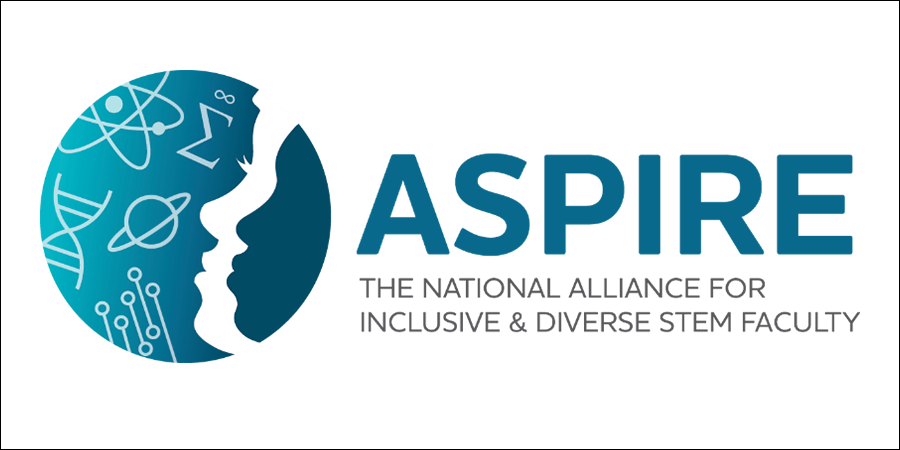
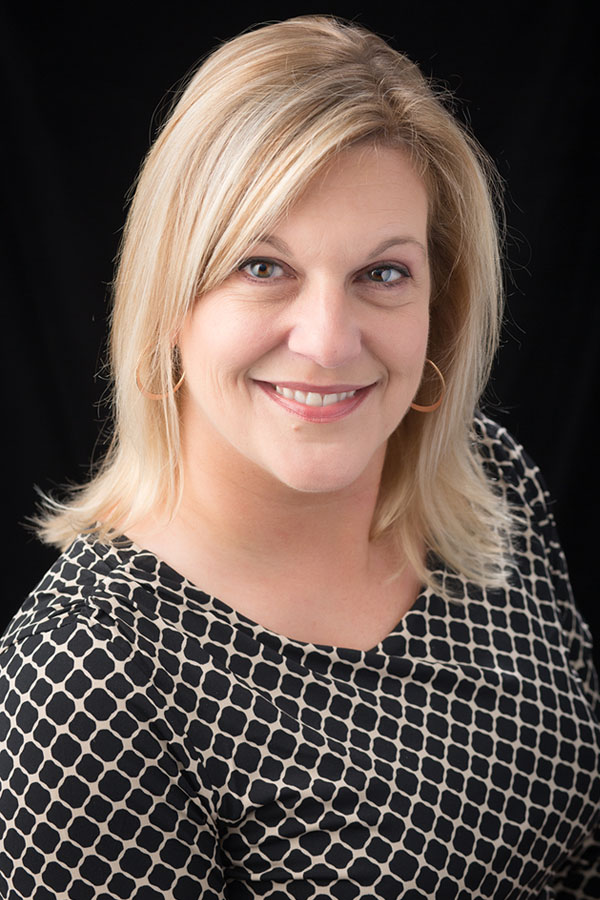
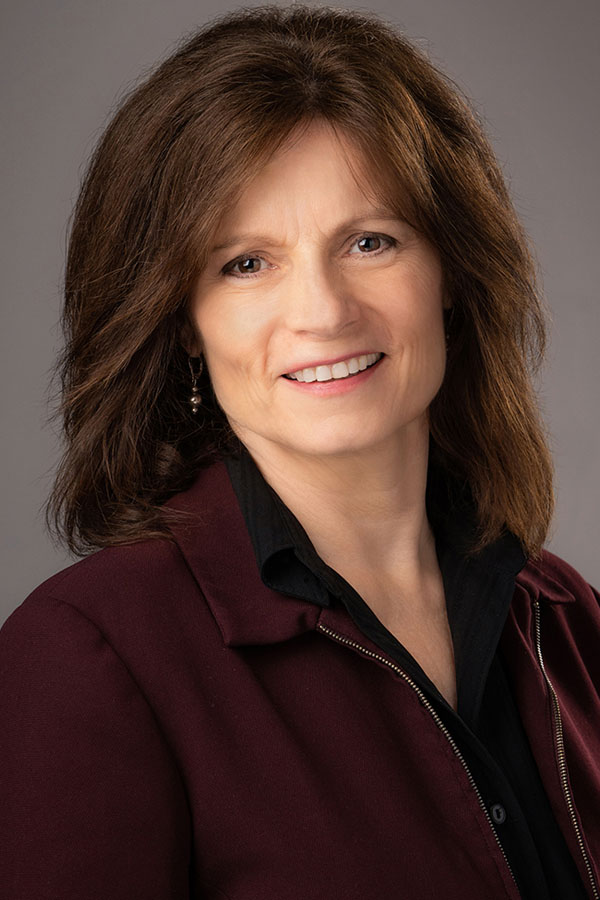
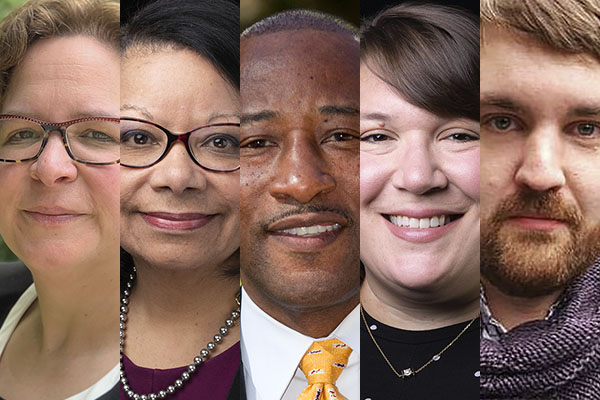
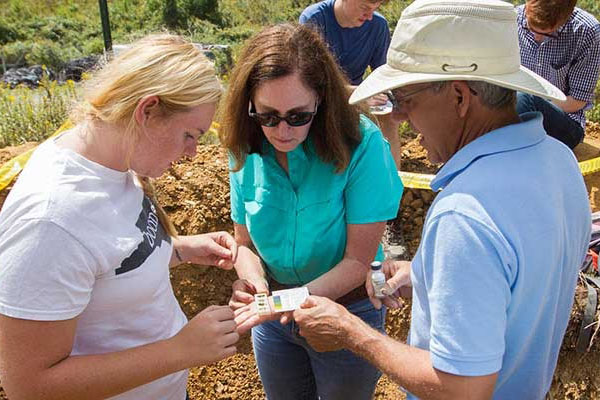


![How NCInnovation Is Rethinking Economic Development in North Carolina [faculty featured]](/_images/_posts/2026/02/rethinking-economic-development-600x400.jpg)








